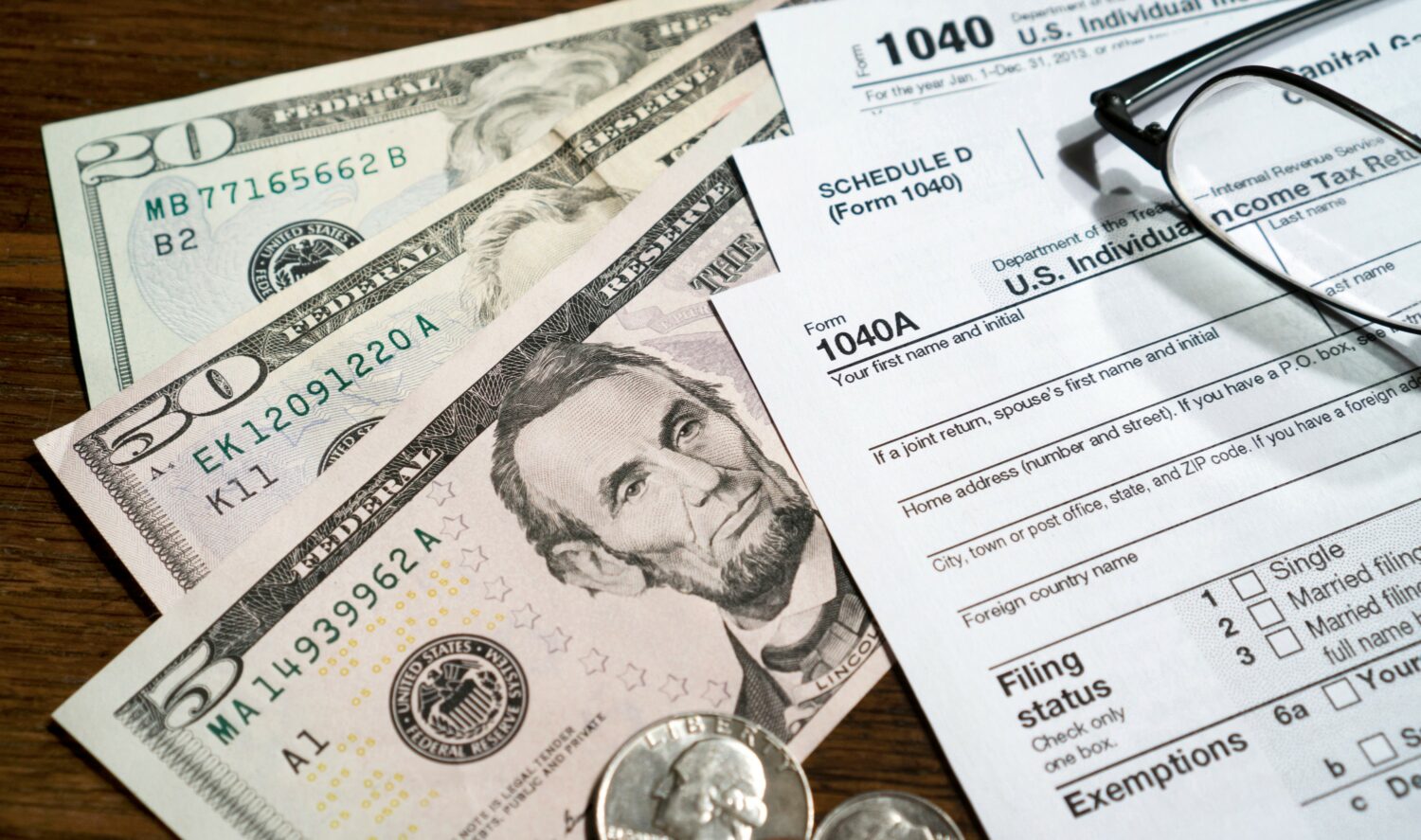Title: A Comprehensive Guide to the Odds, Lines, Spreads, and Picks for the Opening Week of NFL Preseason
Introduction:
The NFL preseason is an exciting time for football fans, as it marks the return of America’s favorite sport. While the games may not count towards regular-season standings, they provide a glimpse into the potential of teams and players. Betting on preseason games can add an extra layer of excitement, and understanding the odds, lines, spreads, and picks is crucial for making informed decisions. In this comprehensive guide, we will break down these key elements for the opening week of NFL preseason.
Understanding Odds:
Odds represent the probability of an event occurring and are typically displayed in three formats: American (+/-), Decimal, and Fractional. In American odds, a minus sign (-) indicates the favorite, while a plus sign (+) denotes the underdog. For example, if a team has -150 odds, you would need to bet $150 to win $100. Conversely, if a team has +200 odds, a $100 bet would yield a $200 profit.
Lines and Spreads:
Lines and spreads are used to level the playing field between two teams of varying strengths. The line represents the number of points by which the favorite is expected to win. For instance, if the line is -3.5, the favorite must win by at least four points for a bet on them to be successful. Conversely, the underdog can lose by up to three points and still cover the spread.
Picks for Opening Week of NFL Preseason:
1. Research Team News: Stay updated on team news, including injuries, player rotations, and coaching strategies. Preseason games often involve experimenting with lineups, so knowing which players are likely to see significant playing time can give you an edge.
2. Analyze Previous Preseason Performances: Evaluate how teams have historically performed in preseason games. Some teams prioritize winning, while others focus on player evaluation. Understanding a team’s approach can help you make more informed picks.
3. Consider Coaching Strategies: Coaches often have specific goals in mind for preseason games. Some may emphasize testing new offensive plays, while others focus on improving defensive schemes. Researching a coach’s tendencies can provide valuable insights for your picks.
4. Evaluate Quarterback Rotations: Quarterbacks play a crucial role in preseason games, as they often dictate the pace and outcome of the game. Analyze the expected quarterback rotations and consider the experience and skill level of each player to make accurate predictions.
5. Monitor Betting Trends: Keep an eye on betting trends and public sentiment. While preseason games may not attract as much attention as regular-season matchups, understanding where the majority of bets are being placed can help you gauge market sentiment and make more informed decisions.
Conclusion:
As the NFL preseason kicks off, understanding the odds, lines, spreads, and making informed picks can enhance your enjoyment of the games and potentially lead to profitable outcomes. By researching team news, analyzing previous preseason performances, considering coaching strategies, evaluating quarterback rotations, and monitoring betting trends, you can make more informed decisions when placing bets. Remember to gamble responsibly and enjoy the excitement of the opening week of NFL preseason.
